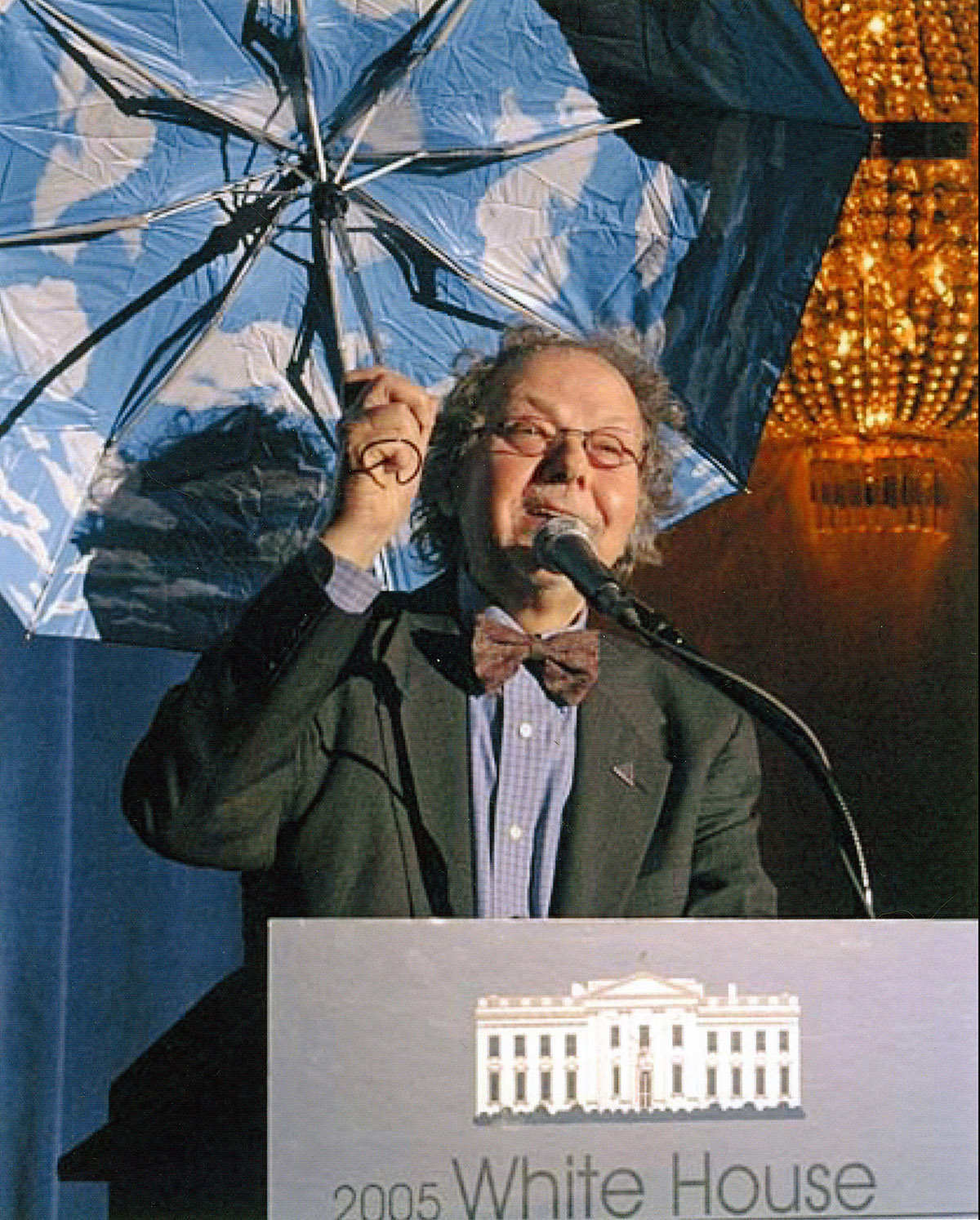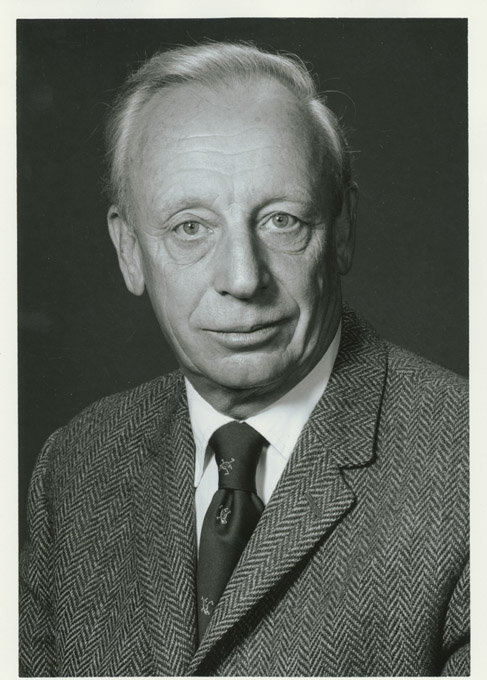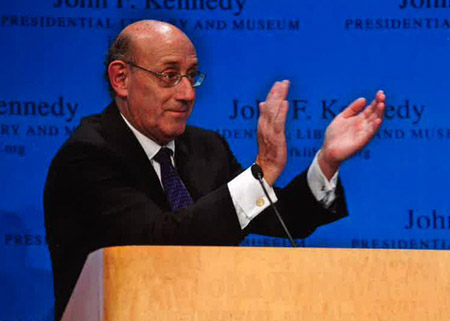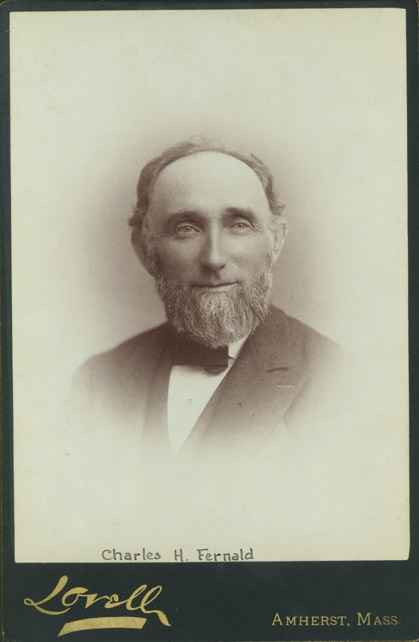D. H. Coggeshall Papers
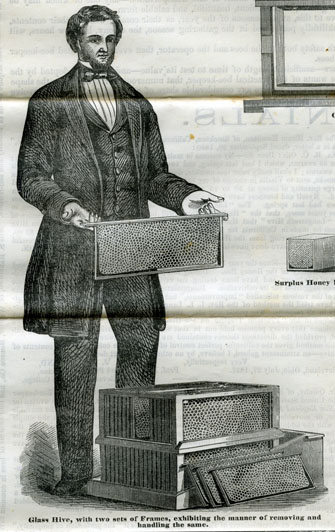
D. H. Coggeshall (1847-1912) made his living as an apiculturist in Tompkins County, N.Y., on the southeast edge of the Finger Lakes. Beginning by 1870, he sold honey or extracted honey, and occasionally bees, to customers and commission merchants as far away as the Midwest.
This small assemblage of business letters and accounts document an active apiculturist during the late nineteenth and early twentieth century. Of particular note are some scarce printed advertising broadsides and circulars from some of the best known apiculturists of the time, including L.L. Langstroth and Charles Dadant, as well as an early flier advertising the sale of newly arrived Italian bees. The sparse correspondence includes letters from clients and colleagues of Coggeshall, along with communications with commission merchants charged with selling his honey.


